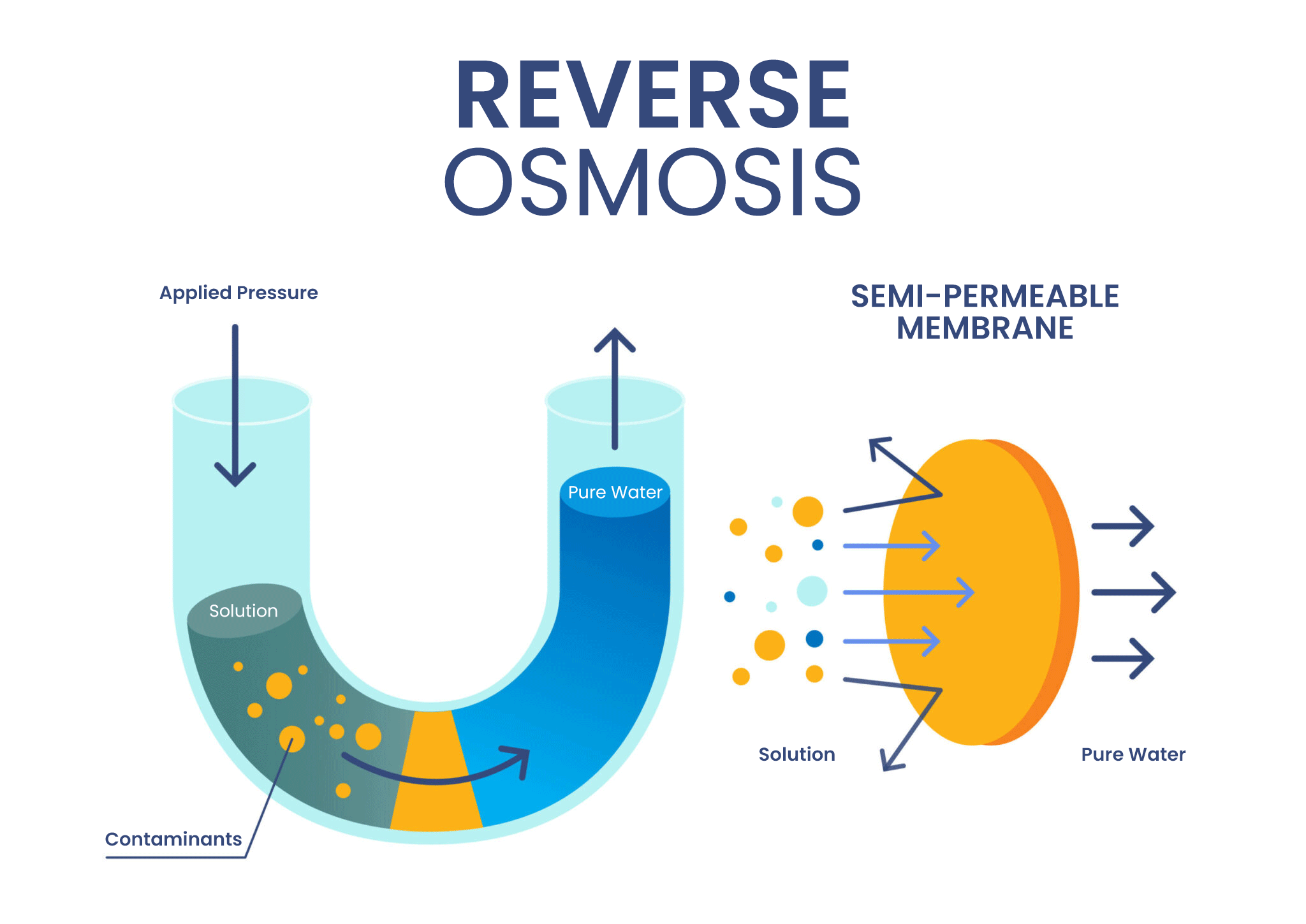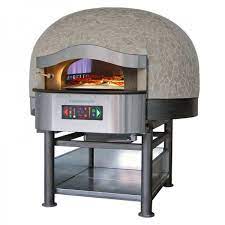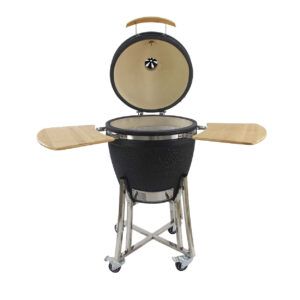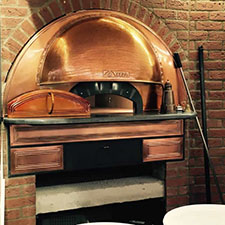In the restaurant industry, the presentation of dishes and beverages plays a key role in capturing customers’ attention and providing a flawless sensory experience, and reverse osmosis is better solution. Among the elements that most catch the eye are definitely the glasses: shiny, crystal-clear glasses are synonymous with elegance, sophistication and attention to detail.
But how to achieve flawless glassware washing, especially in settings with a high number of place settings and a hectic work pace? The answer is simple: reverse osmosis water.

The Advantages of Reverse Osmosis Water for Glass Washing
Reverse osmosis water is obtained through an advanced filtration process that removes over 98% of impurities present in tap water, including limescale, minerals, chlorine, and heavy metals.
Here are the main advantages of using this solution for glass washing:
- Spotless and Shiny Glasses: The absence of limescale and minerals prevents the formation of halos and spots on glasses, ensuring an impeccable and shiny finish.
- Faster Drying: Glasses washed with reverse osmosis water tend to dry more quickly, reducing the need for manual drying and saving valuable time.
- Reduced Detergent Consumption: Water free from impurities allows the detergent to act more effectively, reducing the amount needed and optimizing costs.
- Glass Protection: The absence of chlorine and heavy metals in reverse osmosis water helps preserve glasses over time, preventing corrosion and wear.
- Environmental Friendliness: Using reverse osmosis water helps reduce the environmental impact of glass washing by lowering water and detergent consumption.
Characteristics of Water for Optimal Washing
To achieve excellent washing results, it is important that reverse osmosis water has the following characteristics:
- Electrical Conductivity Below 30 µS/cm: This value ensures optimal water purity and superior washing effectiveness.
- Meet Microbiological Requirements: The water must be free from bacteria and microorganisms that could contaminate the glasses.
- Hardness Below 10°dH: Water that is too hard can leave residues on glasses, compromising their shine.
- Investing in a reverse osmosis system for glass washing is a long-term investment that translates into numerous benefits: flawless glasses, time and cost savings, greater attention to hygiene, and environmental respect.
Moreover, using reverse osmosis water improves the image of your restaurant, offering customers a superior quality experience that will keep them coming back.
Contact us for more information on how to adopt this solution in your restaurant.



